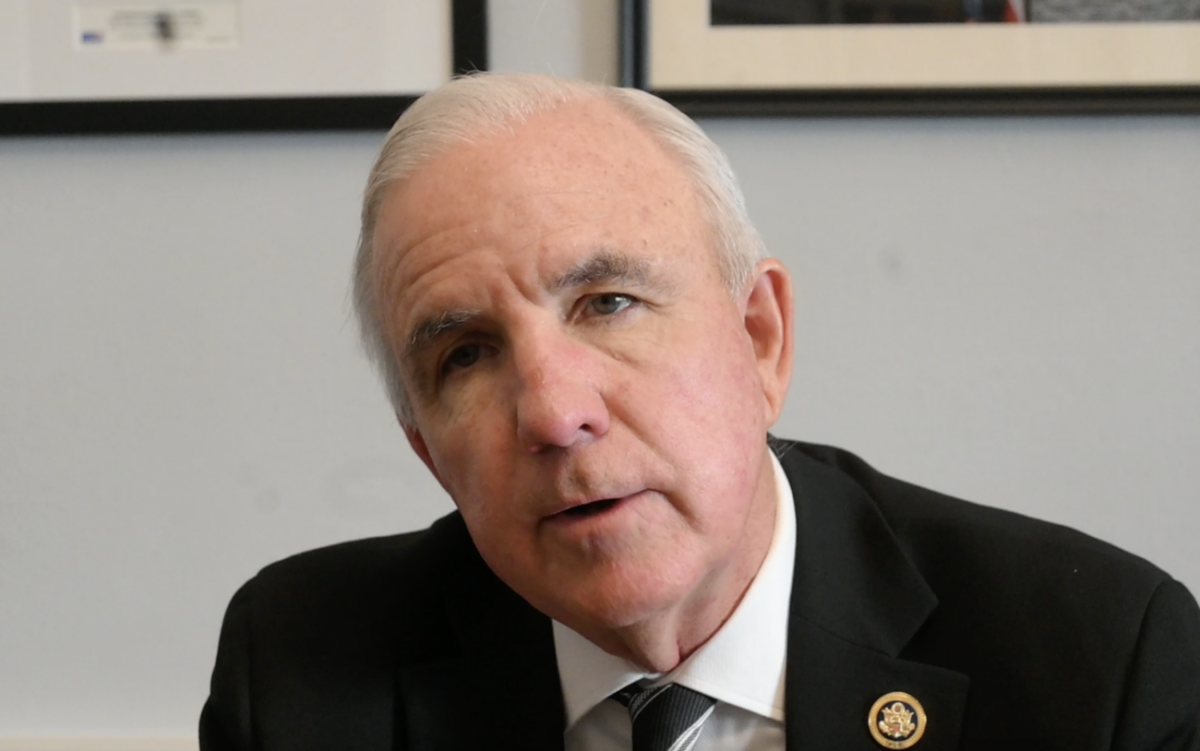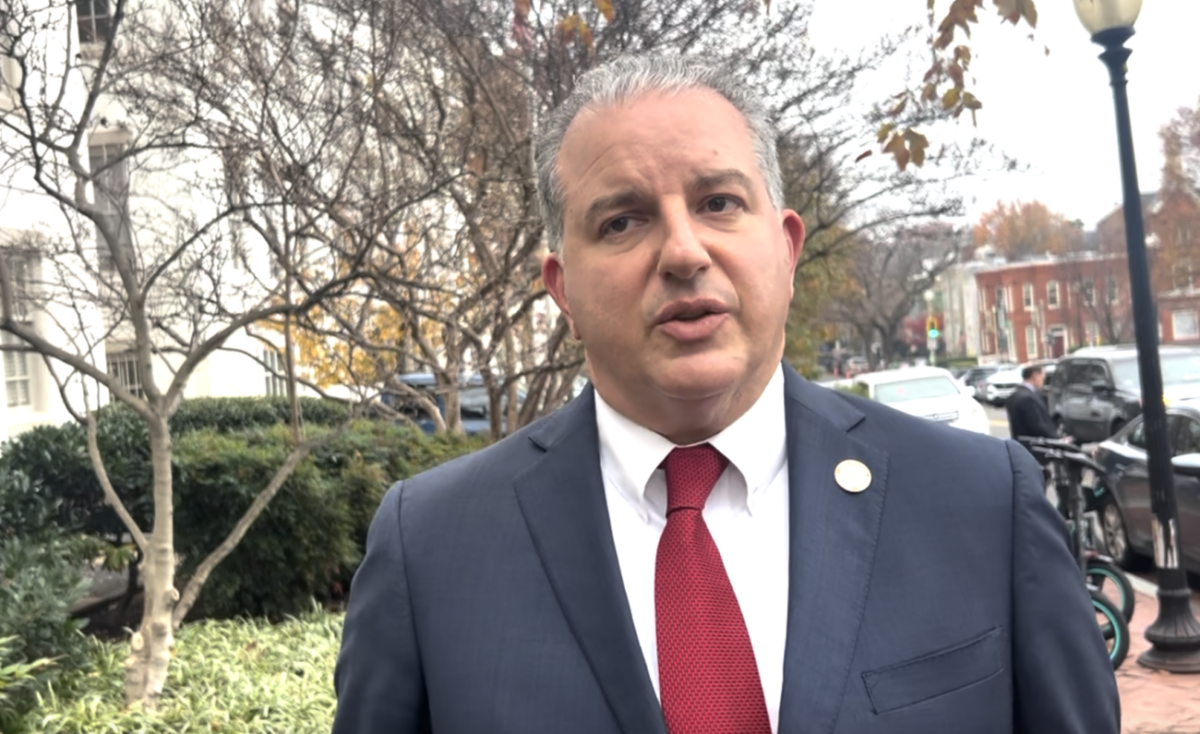With the Culture War still fuming in Florida, more battles waged by Republicans against what they call "gender ideology" are being fought. A new bill in the Florida Legislature will prevent employees from having to refer to their colleagues by their preferred gender pronouns.
The legislation would specifically apply to state and local government agencies, as well as non-profits and contractors from forcing their employees to use preferred pronouns for their gender non-conforming, or transgender colleagues. Employers would also not be allowed to punish these employees who refuse to conform to their colleagues.
The issue has resided in a grey area for some time, as plenty of private organizations already do not punish their employees for not using their co-worker's preferred pronouns.
The bill would also stop employees employed by the government and contractors from giving their employers preferred pronouns that "do not correspond to his or her sex" and would prevent employers from asking workers to provide personal pronouns.
The legislation reads, "It is an unlawful employment practice for an employer to take adverse personnel action against an employee or a contractor because of the employee's or contractor's deeply held religious or biology-based beliefs, including a belief in traditional or Biblical views of sexuality and marriage, or the employee's or contractor's disagreement with gender ideology, whether those views are expressed by the employee or contractor at or away from the worksite."
As well as cracking down on employees, the bill also halts, "training, instruction or other activity on sexual orientation, gender identity or gender expression."
Some Democrats like State Rep. Ana Eskamani (D) have questioned the bill's constitutionality, claiming it would violate the 14th Amendment. While the bill only applies to extensions and agencies of the state, work place discrimination is not constitutional. The legislation seeks to get around this by claiming it is a violation of the religious freedoms of government employees to force them to use pronouns that are not biologically true.














